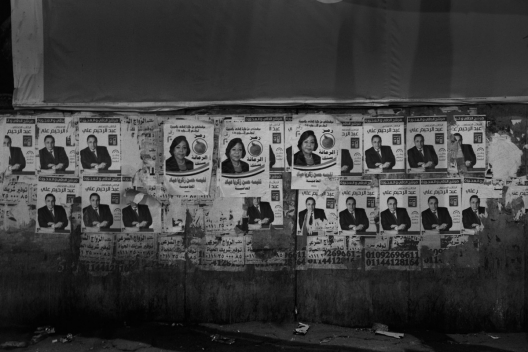 Final figures for Egypt’s parliamentary elections have been announced, with voter turnout reaching 26 percent in the first phase. With only four independent seats secured, voters will be expected to go to the polls once again to cast their votes for the remaining 222 seats in run-off elections. The vote also has yet to take place in another thirteen governorates, including Cairo.
Final figures for Egypt’s parliamentary elections have been announced, with voter turnout reaching 26 percent in the first phase. With only four independent seats secured, voters will be expected to go to the polls once again to cast their votes for the remaining 222 seats in run-off elections. The vote also has yet to take place in another thirteen governorates, including Cairo.
Voter turnout in the 2012 parliamentary elections was a record 62 percent, but interest in parliamentary candidates and the electoral process has waned in recent years. While half as many candidates are participating in the 2015 elections compared to 2012, voters have complained of unfamiliarity with the people vying for their votes. A renewed sense of apathy, distrust, and confusion appears to have played a large part in keeping turnout numbers low.
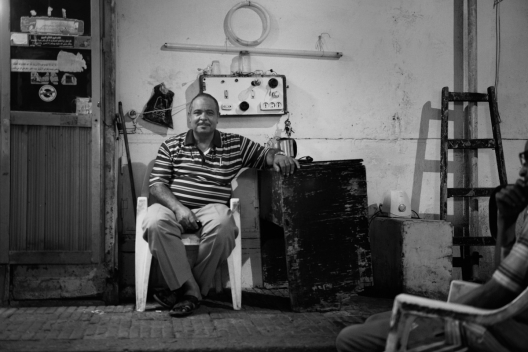
“I hope the members of parliament would do something for us. The normal people. I will just do my duty to vote. We, as normal people, can’t do anything but have hope,” – Mohamed Eid, 55, who has owned an electronics shop for twenty five years.
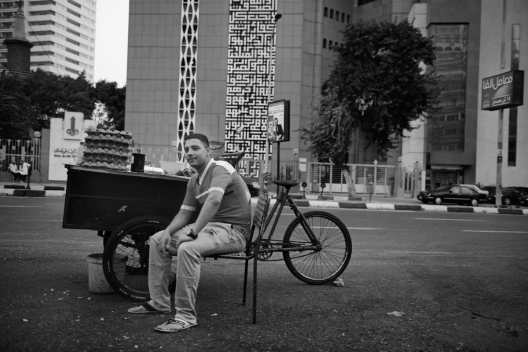
“I never participated in any elections. It is all a play. Candidates run for elections for their own interests, not mine. They are never going to benefit me.” – Ali Abdel Tawab, 30, who has been working as a sandwich vendor for eight years.
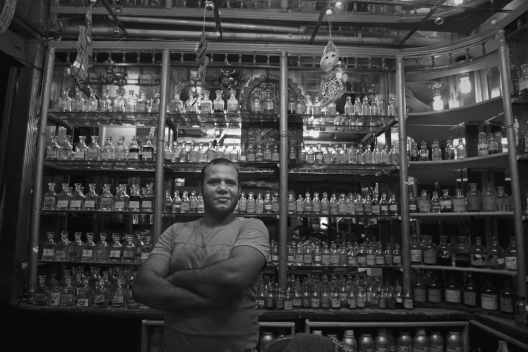
“I do not know any of the candidates. Even if I knew one, I would not vote because I do not trust them. They say poetry about what they will accomplish but they never do anything when they come into power,” – Mohamed Mostafa, 29, who works at a perfume shop.
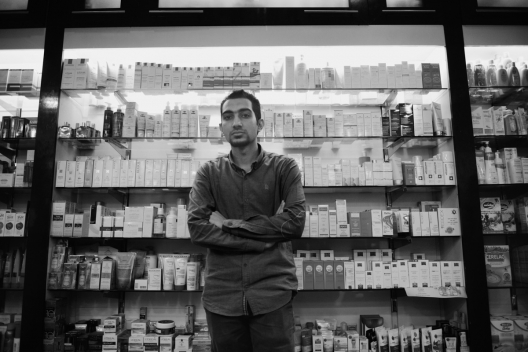
“There are thousands of detainees still in prison. And candidates do not have any certain programs. Are these legit elections?” – Mohamed Said, 24, a pharmacist.
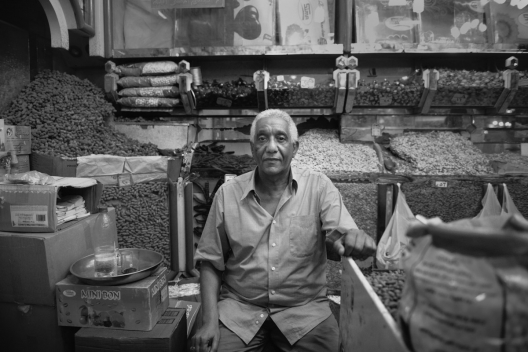
“I lived under the reign of five different Egyptian presidents. Parliaments under Abdel-Nasser to the previous ones were all the same. It is all about money, power, bribes, and hypocrisy. The day I see a poor guy running for elections is the day I vote,” – Mohsen Abdel-Maksoud, 58, who works at a nut shop.
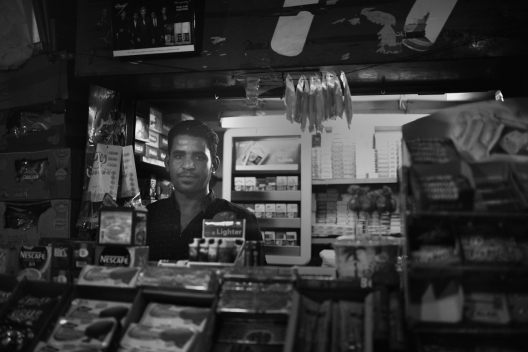
“I participated in the previous elections and referendums. On a social level, the parliament is not going to change anything,” – Sayed Mohamed, 23, who works at a cigarette kiosk.
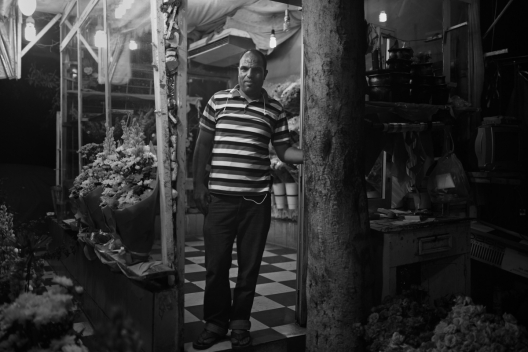
“Ask anyone in Egypt if they can name five candidates from a single political party. No one knows about the candidates. How can we vote?” – Mohamed Moneim, 38, who works at a flower shop.
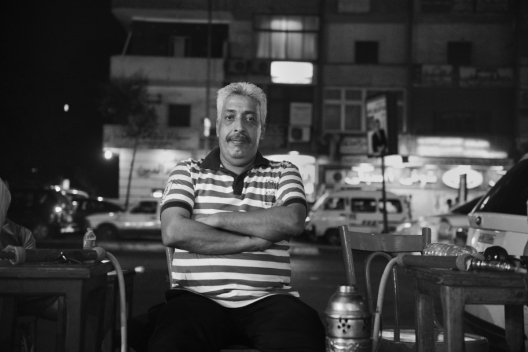
“I used to observe elections in the eighties and nineties. Many of the NDP candidates and members are running for this election. These are the people who ruined my country under Mubarak’s reign,” – Khaled Abdel-Salam, 49, who works at the Ministry of Agriculture.
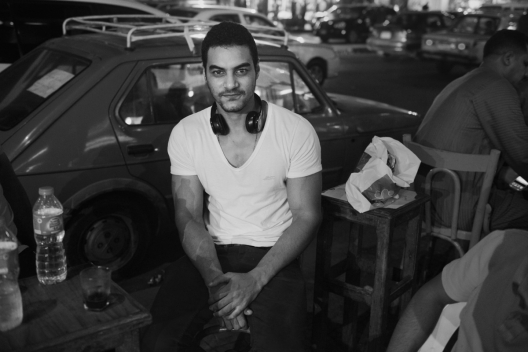
“Chaos is the main problem behind elections. There is no system. I have thirty-seven candidates in my neighborhood. How are people supposed to vote if there are so many candidates running for each neighborhoods and they never did anything for their people?” – 22-year-old student Omar Hassan.
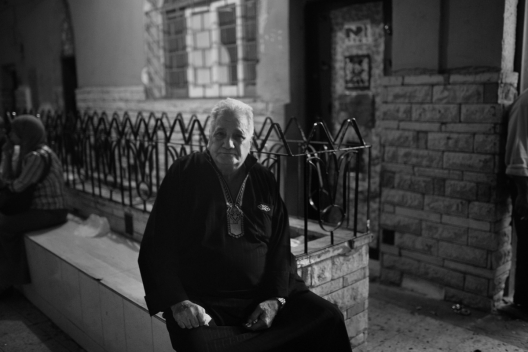
“My neighbor is running for the elections. That is the only reason I am voting,” – 73-year-old Hamdy Gameel.
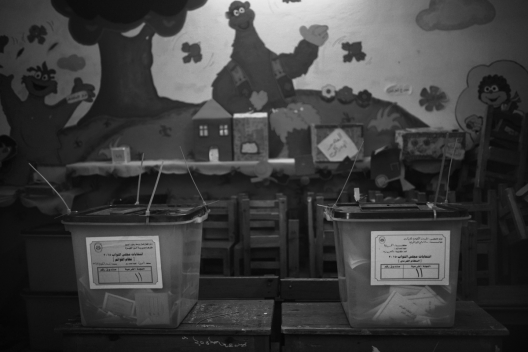
Ballot boxes in a polling station in Giza.
Jonathan Rashad is a self-taught documentary photographer who grew up in Cairo and started his career in 2008. He has covered events in Egypt as they have unfolded over the past few years. Follow him on Twitter @JonathanRashad
Image: Photos: Jonathan Rashad
